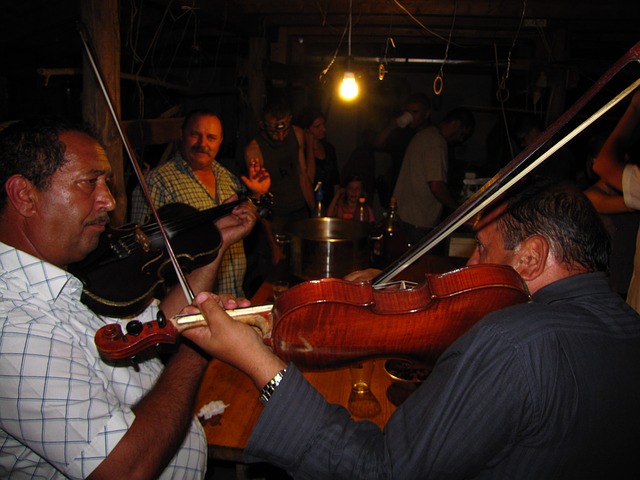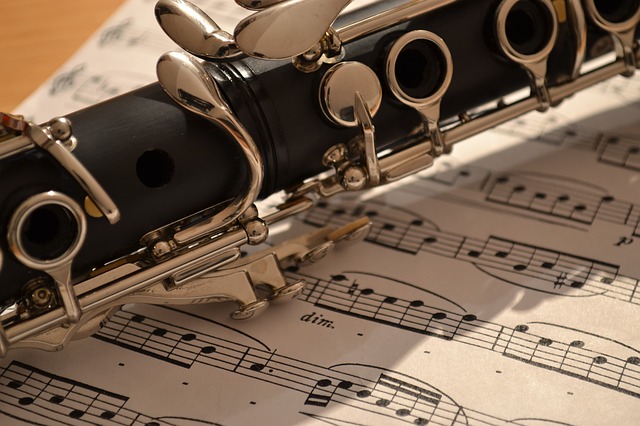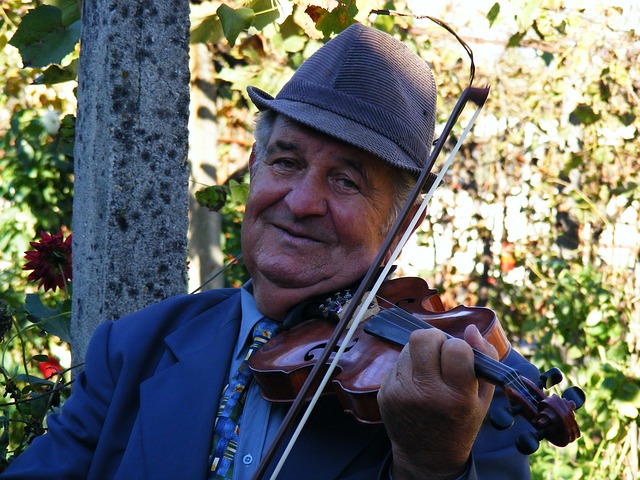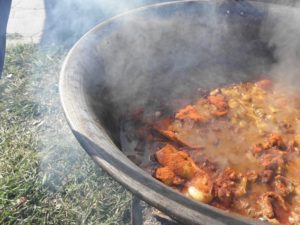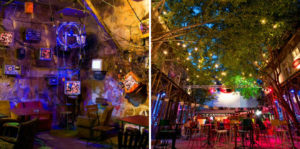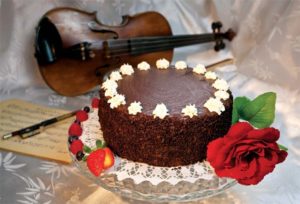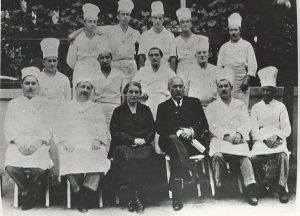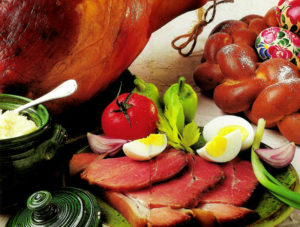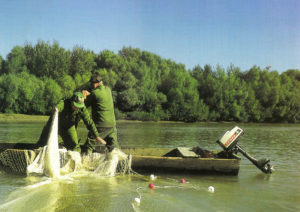Play on, cigány …
Even the Betyars posed as cigányok (gipsies) and today a simple evening meal still goes down far better if accompanied by the prímás playing nostalgic or lively melodies on his violin. A cigányzenekar (gipsy band) needs no sheet music, it plays by ear. The prímás, or first violin, plays the melody, while the other musicians – second violin, bass violin, clarinet, and cymbals -add the harmony and rhythm.
They are all masters of their instruments and splendid improvisers. With a practiced eye, the prímás will spot a tourist’s nationality as soon as he walks into the bar and will insist on playing him a song from his native country during the course of the evening. It is not uncommon for a high-spirited guest to sing along at the top of his voice (although this does not usually happen in more fashionable restaurants).
Contrary to common conception, cigányzene (gipsy music) is not identical to Hungarian folk music, but rather a popular art music, which emerged at the start of the 19th century with the rise of national consciousness in Hungary.
The musicians’ repertoire ranges from dreamy, melancholic tunes to lively melodies. Nowadays, tunes from operettas, movies, and musicals are also played.



